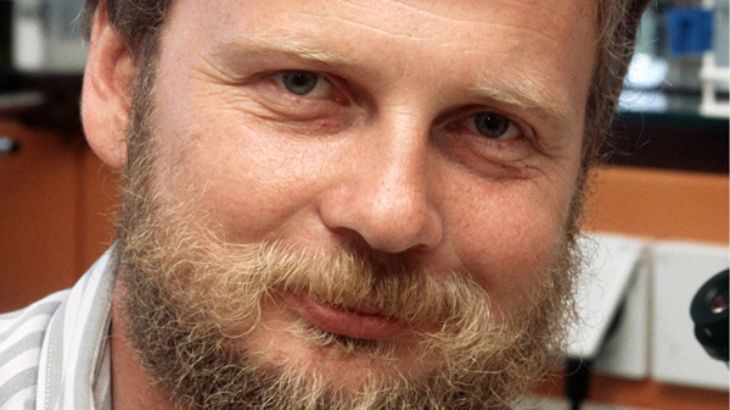 Even a non-food plant substance like algae may not be that efficient for fuel says Nobel Laureate
Even a non-food plant substance like algae may not be that efficient for fuel says Nobel Laureate
We like to report on about various ways to produce biofuels from plant and other organic substances. These substances have ranged from using “turd timber” to produce biofuel from human and animal excrement to growing algae on large hydroponic farms to create biofuels that will power anything from glitzy high priced gold sports cars. Biofuels have also been lauded for use in fuel for fleets of commercial airlines in the Unite Arab Emirates and beyond.

Palm tree seeds Adjamé Market, Abidjan, Ivory Coast
A lot of media attention has been given to creating plant based biofuel from sugar, corn and sorghum; and also from green algae grown by hydroponic means which has attracted the attention of such fuel consuming organizations NATO and NASA.
There are, however, some outspoken authorities in the field of plant photosynthesis, against devoting so much agriculture to produce biofuels. One of these scientists Hartmut Michel, who shared a Nobel Prize in 1988 for his achievements in the study of plant photosynthesis now says that plants can only use about 47% of direct sunlight for the process of of photosynthesis.
Hartmut Michel

Of this amount, only about 1% of this energy is actually converted into chemical energy for making biofuel. In fact, Dr. Michel believes that solar energy from photovoltaic panels is much more efficient as it can convert around 20% of the energy from direct sunlight into electricity.
According to Michel, improving photosynthesis, although a highly important goal towards securing food security, cannot change the superiority of the combination photovoltaic cells/electric battery/electric engine.
“Because of the low photosynthetic efficiency and the competition of energy plants with food plants for agricultural land, we should not grow plants for biofuel production. The growth of such energy plants will undoubtedly lead to an increase in food prices, which will predominantly hit poorer people,” he says.
(Update 2020, and he was right. Green Prophet offers the latest UN report and guess what? An increase in food prices is food for thought)
The increase in food prices are also an important factor when cereal grains are being used in the manufacture of ethanol, an important ingredient in many of the bio fuels that are now becoming commonplace. Grains like corn and sorghum are better suited as food sources; and waste products such as cellulose from farm and zoo animals like zebras can be used very effectively for manufacturing biofuel.

American ethanol is driving food prices up globally. Time to rethink the allure of biofuels?
Dr. Michel adds, however, that even if non-food plant substances like algae and manure are used instead of grains and sugar to produce biofuel, the overall inefficiencies of converting energy from sunlight into a chemical fuel product still do not warrant their use. He believes that more emphasis should be used in developing renewable energy, especially solar energy. The only exception involves aviation fuel which cannot be supplied by a source like an electric power plant (you can’t “plug in” and recharge a jet airliner).
While commercial airline companies may find a use for various types of biofuel, as well as the military and aeronautical and space agencies like NASA, developing biofuels for land vehicles like cars, buses, and trucks may not be as good an idea as previously thought.
Read more on biofuel:
Univerve’s Algae to Biofuel Your Car
Ethihad Jet Uses Biofuels for Inaugural Home Run
Algae Biofuel Closer and NATO and NASA Step into the Slime “Turd Timber” by Qteros Makes Bio Fuel from Human and Animal Excrement




No super-efficient fuel can replace the absolute necessity of recycling 100% of all trash, garbage, junk, sludge, smoke, fumes and toxic waste; and peacefully reducing our 7 billion people with family planning education. But the growing population is addicted to growing the economy for the power of money, which makes ecocide and extinction inevitable.